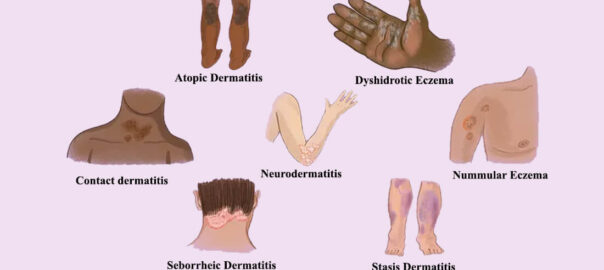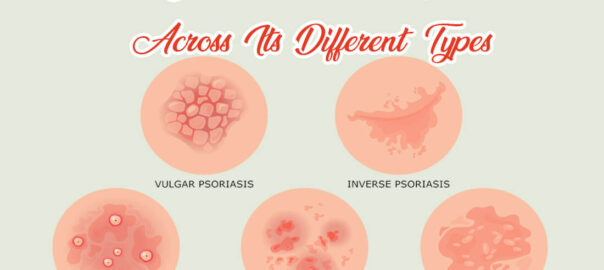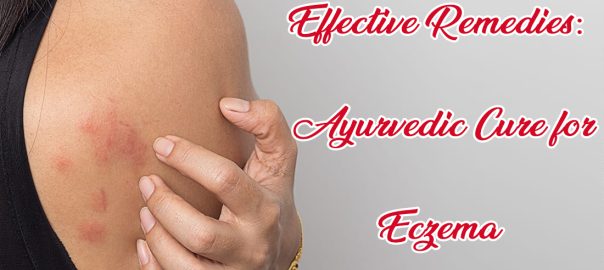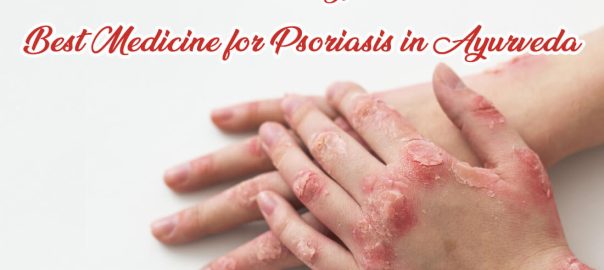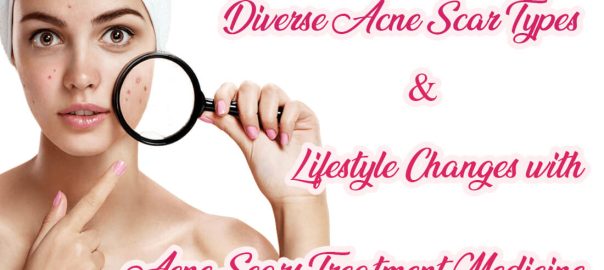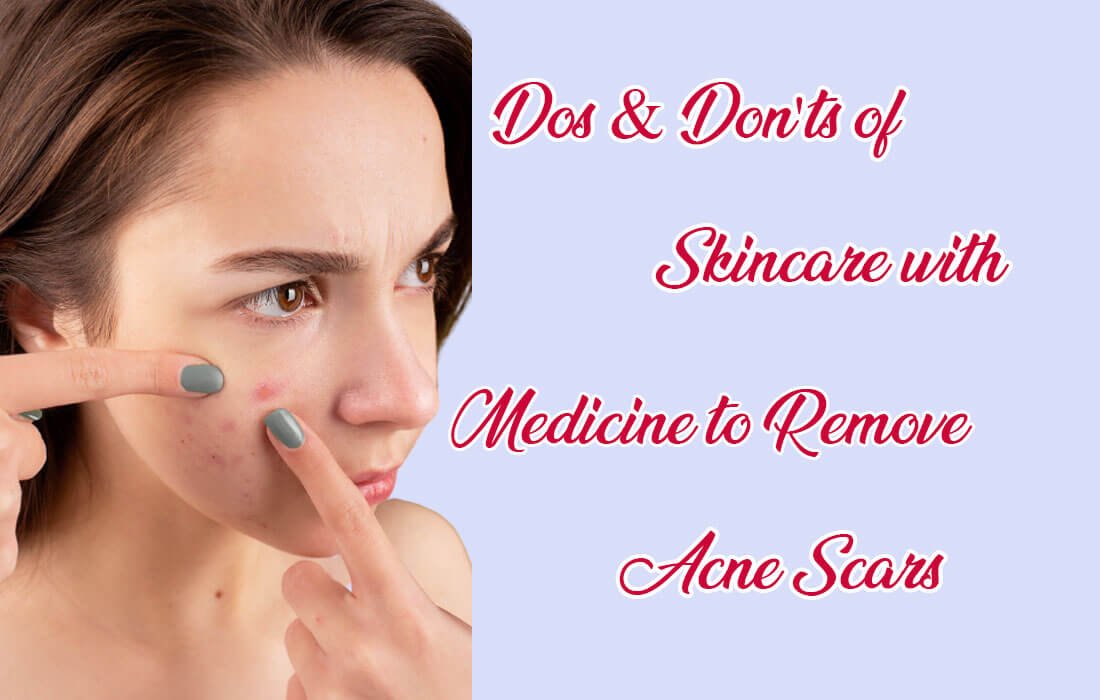
For those with acne-prone skin, dealing with persistent acne scars can be both frustrating and challenging. Finding the right medicine to remove acne scars is crucial to achieving clear and radiant skin. Discover the essential do’s and don’ts in this comprehensive guide for a skincare regimen designed to address the challenges of acne scars. Let’s embark on a journey to regain your confidence and enjoy blemish-free skin.
Understanding Acne-Prone Skin
Before delving into the specifics of treating acne scars, it’s essential to understand the nature of acne-prone skin. Acne, a frequently seen skin issue, occurs due to the accumulation of oil and dead skin cells that block hair follicles, eventually giving rise to pimples, blackheads, and the development of acne scars. Excessive oil production, enlarged pores, and a breakout propensity often characterize acne-prone skin.
Dos: Your Path to Clear Skin
Gentle Cleansing for a Fresh Start
- Properly cleansing your face is the foundation of any skincare routine. Use a gentle, non-comedogenic cleanser to remove excess oil, dirt, and makeup without over stripping your skin.
- Cleansing twice daily (morning and night) helps maintain a clean canvas for other products.
Exfoliation: The Key to Smoother Skin
- The process of exfoliation involves ridding your skin of dead cells on its surface. Chemical exfoliants are often more effective and less abrasive for acne-prone skin than physical scrubs.
- Ingredients like salicylic or glycolic acid can help unclog pores, prevent breakouts, and fade acne scars.
The Power of Topical Treatments
- When it comes to quality products, the best ayurvedic medicine for acne scars can be an effective option. Look for products that contain natural ingredients. These can help reduce the appearance of spots over time.
Sunscreen: Your Best Defense
- Sunscreen is non-negotiable. UV rays can worsen scars, lead to hyperpigmentation, and hinder healing
- Make it a daily routine to use a broad-spectrum sunscreen with SPF 30 as a minimum, even on cloudy days or indoors but exposed to natural light.
Stay Hydrated and Maintain a Healthy Diet
- Hydration is essential for skin health. Adequate water intake contributes to your skin’s ability to sustain its natural moisture.
- In addition to supporting overall health, a balanced diet packed with vitamins, antioxidants, and nutrients contributes to skin well-being. Thus, hydration and nutrition play a vital role in the skin’s ability to repair itself.
Don’ts: Avoid These Common Mistakes
Overwashing:
- Overwashing the skin can be a counterproductive habit, particularly for those with acne-prone skin.
- When you cleanse your face excessively or with harsh products, you strip away the natural oils that serve as a protective barrier.
- These oils, known as sebum, are essential for maintaining the skin’s moisture and protecting it from external irritants.
- When your skin senses that it has lost too much moisture due to overwashing, it produces more sebum to compensate for the loss. This excess oil can then contribute to clogged pores and lead to more frequent breakouts.
- Therefore, it’s crucial to strike a balance by cleansing your face twice daily, in the morning and at night, with a gentle, sulphate-free cleanser.
- This routine effectively removes dirt and impurities without disrupting the skin’s natural oil balance, helping to prevent excessive oil production and, consequently, acne flare-ups.
Avoid Harsh Scrubs
- Harsh physical scrubs can damage your skin, especially if you have active acne or scars. They can create microtears in the skin, worsening scarring and inflammation. Opt for chemical exfoliants instead, as they are gentler and more effective.
Don’t Pick at Your Skin
- Picking at blemishes or scabs can introduce bacteria, causing further breakouts and potentially more significant scarring.
- It’s essential to resist the urge to pop pimples and allow them to heal naturally to prevent additional damage.
Stay Away from Heavy, Pore-Clogging Products
- Avoid skincare products containing heavy oils or comedogenic ingredients, as these can clog pores and lead to more acne breakouts.
- Always check product labels for non-comedogenic or “oil-free” indications to ensure they won’t exacerbate your skin condition.
Don’t Skip Sunscreen
- Skipping sunscreen exposes your skin to harmful UV rays, making scars more noticeable and slowing the healing process.
- Sun protection is crucial in preventing further skin damage and maintaining the progress you make with scar reduction.
Skipping Moisturizer
- One common misconception among people with oily or acne-prone skin is that moisturizing should be avoided at all costs. However, this belief couldn’t be further from the truth.
- Don’t skip moisturizer, even if your skin is oily, as it can worsen acne. Proper hydration is vital for maintaining skin health and balance.
- When you skip moisturizing, your skin may react by overproducing oil to counteract the perceived dryness. This excess oil can then contribute to clogged pores and breakouts.
- To address this issue, opt for a lightweight, non-comedogenic moisturizer formulated for acne-prone skin.
- These moisturizers hydrate the skin without clogging pores or adding excess oil, helping to regulate oil production and maintain a healthy complexion. So, moisturizing is crucial in any skincare routine, even for those with acne-prone or oily skin.
Avoid Overloading Your Skin
- Applying an excess of products can overwhelm your skin, resulting in irritation. It can also make identifying which products are working and causing problems is challenging.
- Stick to a simple, consistent skincare routine with only the necessary products for your concerns.
By following these dos and don’ts and with over the counter medicine for acne scars, you can develop a skincare routine tailored to acne-prone skin, aiding in the reduction of acne scars while supporting holistic skin health. Remember that consistency and patience are vital in dealing with acne scars, as results may take time to become noticeable.
Conclusion: A Journey to Clear, Beautiful Skin
Achieving clear and blemish-free skin is possible, even if you have acne-prone skin with stubborn scars. By following the dos and don’ts outlined in this guide and exploring different medicine to remove acne scars, you can embark on a journey towards a healthier, more confident you. Remember, consistency is key, and with time and patience, you can unlock the beauty of radiant, scar-free skin.

